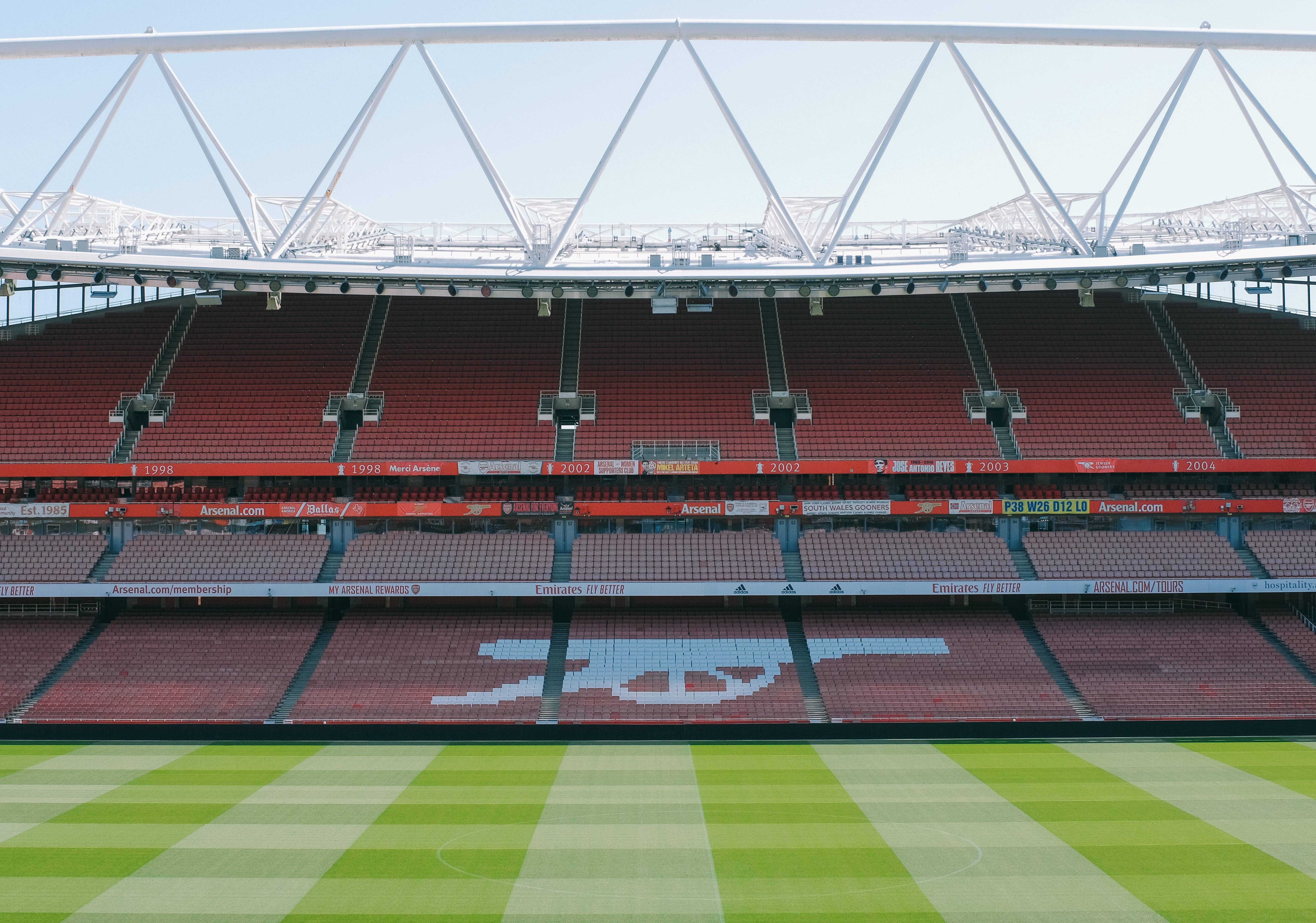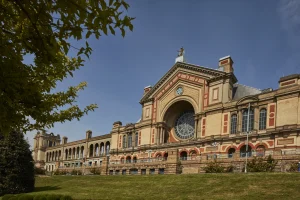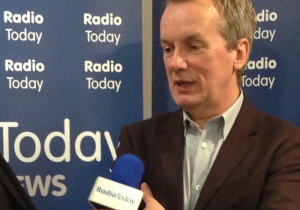Transfer Deals Beyond the Pitch: The Baffling Dynamics Between UK Immigration, Rwanda, and Arsenal Football Club

In a twist that could rival the most dramatic transfer sagas in the world of sports, the recent news surrounding the financial transactions between the United Kingdom, Rwanda, and Arsenal Football Club has raised eyebrows and ignited conversations beyond the confines of the football pitch.
Let’s break down the numbers: The UK government has committed a staggering £160 million for the repatriation of UK immigrants from Rwanda. At the same time, Rwanda is shelling out an annual £60 million to have the words “Visit Rwanda” emblazoned on the sleeves of Arsenal’s iconic red and white jerseys. This curious interplay between international politics, immigration policies, and football sponsorship has left many scratching their heads.
On the one hand, we have a hefty sum being allocated to Rwanda for the repatriation of UK immigrants. The humanitarian aspect of this move is undeniable, showcasing the UK’s so-called “commitment” to the well-being of its “citizens” abroad. However, the financial magnitude of the transaction raises questions about the motivations and priorities surrounding such expenditures.
Meanwhile, on the footballing front, Arsenal, one of the English Premier League’s most famous clubs, has found an unconventional source of revenue in Rwanda. The £60 million sleeve sponsorship deal has become a talking point in the football community, not only for its financial significance but also for the unique nature of the partnership. The juxtaposition of these two financial transactions highlights the multifaceted relationships between nations, individuals, and sports entities.
As a sports journalist, I can’t help but marvel at the irony – a country investing heavily in a football sponsorship deal in the UK while simultaneously negotiating a significant repatriation deal from the UK. It’s a testament to the complex and often unexpected intersections of global politics, economics, and the world of sports.
The “Visit Rwanda” campaign on Arsenal’s sleeves has undoubtedly elevated the visibility of the African nation on a global scale. Yet, the stark contrast with the funds allocated for the repatriation of UK immigrants prompts reflection on the allocation of resources and the broader socio-political landscape.
In the ever-evolving world of sports and international relations, this peculiar financial dance between the UK, Rwanda, and Arsenal serves as a vivid reminder that the beautiful game transcends the boundaries of the pitch, influencing and being influenced by the geopolitical tapestry that shapes our world. As we witness these intriguing moves off the pitch, one can’t help but wonder what unexpected transfers and partnerships await us in the unpredictable realm where sports and global affairs collide.
Photo by Huy Phan.







